We don’t have to tell you that classic wedding rings cost a lot of money. The average ring costs $6,351 to be exact (according to our research). No matter what your budget, here’s how to get the most bang for your bling.
1. Be strategic with the setting.
If your budget won't allow for that larger stone you have your eye on, don't worry. You can actually create the illusion of additional carats by choosing a halo setting (a circle of smaller stones around the center stone). Not only can this type of setting make the stone in the middle look bigger, it can also completely change the appearance of the diamond by giving it a vintage look.
2. Pick a prong.
Less metal means a lower cost, so opt for a more minimal prong setting (which secures the diamond like a tripod above the band) over a bezel one (a metal ring that encircles the sides of the gemstone to hold it in place). Since more of the stone is visible, a prong setting is a great way to highlight the diamond, as well as make cleaning the ring a lot easier. Just make sure to go with platinum for the prongs (even if the rest of the ring is gold or some other metal), since it's much stronger and will hold the diamond firmly in place.
3. Consider pavé diamonds.
Do you dream of having a flashy rock that rivals Kim Kardashian's, but don't exactly have her budget? Well, you can fake the look thanks to pavé diamonds. Pavé diamonds are tiny diamonds that add a distinctive 'crushed ice' look to wedding engagement rings. Because they're so small, beautiful stones are much more common and therefore less expensive. Think about buying a slightly smaller center stone, and then lining the entire band in pavé diamonds. You'll get just as much sparkle as a big diamond, for a much lower cost.
4. Buy shy.
As you might have heard, shopping for a diamond centers around the "4 Cs"—cut, carat, clarity and color. When it comes to the carat size, you can save a considerable amount of money without sacrificing the look of the stone by buying shy, Holland advises. Diamond prices jump disproportionately at the carat and half-carat marks, which means buying just shy (say, 1.8 carats instead of 2) can equal a potential savings of nearly 20 percent—but the difference in the diamond will hardly be noticeable, if at all.
5. Find the sweet spot.
Similar to carat size, as color and clarity (how "clean" or clear the diamond is) grades improve, diamonds go up in price. But the naked eye can't tell the difference between perfect and near perfect, so even though you pay extra for perfection, you can't see it, who likens it to paying someone to paint the bottom of your house. For an excellent value, choose a near colorless, "eye clean" diamond—it will look perfect to the unaided eye while you get to save considerably.
6. Go for silver or gold instead of platinum.
There are plenty of pros when it comes to platinum: It's very durable, so it's great if you have an active lifestyle; it's a natural white metal, so it won't change color or fade; and it gives off a gorgeous white shine and silky polish. But all those good qualities unfortunately come with a price. Platinum is 30 times more rare than gold, which makes it more expensive. To get the same fashionable look as platinum (with fewer of the benefits), white gold is a great choice: It's an enduring element, resistant to rust, tarnish and corrosion; it still looks really pretty; and—the best part—it will be a lot easier on your wallet.
7. Opt for an emerald cut.
An emerald cut has fewer facets (the surfaces that reflect light and make the diamond sparkle), so it won't be as shiny, but the shape allows the diamond to cover more surface area than other cuts of the same carat weight do (read: it will look bigger). And it's a timeless style, so your ring will never seem passé.
8. Make it a set.
This may not work if you want to be surprised, but if you and your fiancé-to-be are going to research the rings and shop for them together, sometimes you can score a deal if you buy the engagement ring wedding band set at the same time. You might even be able to get his cheap wedding ring as well for—you guessed it—even more savings.


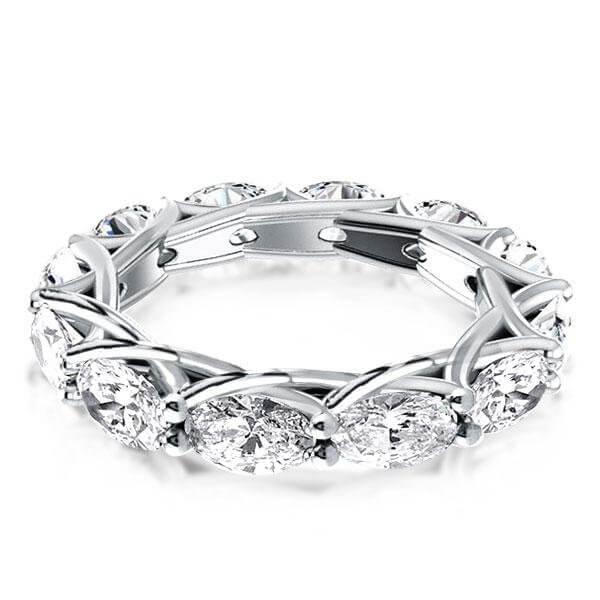
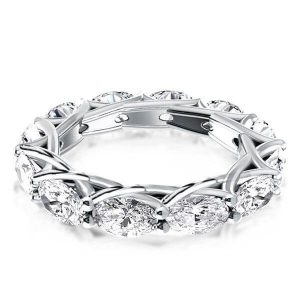

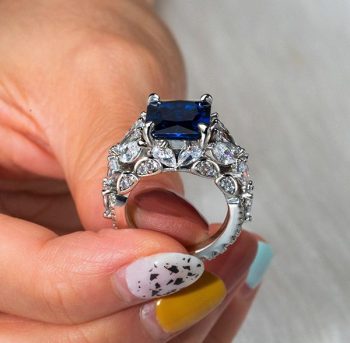
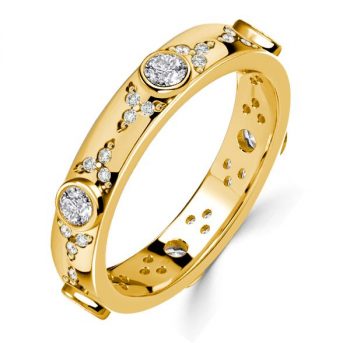
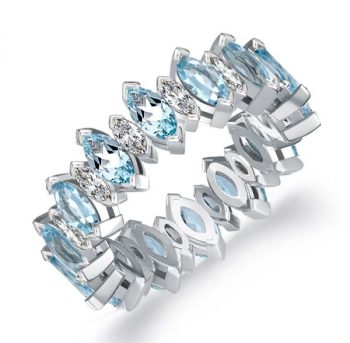
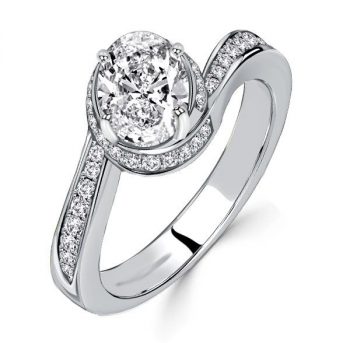
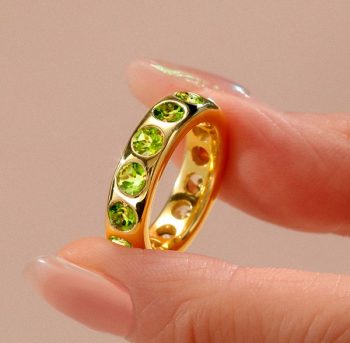
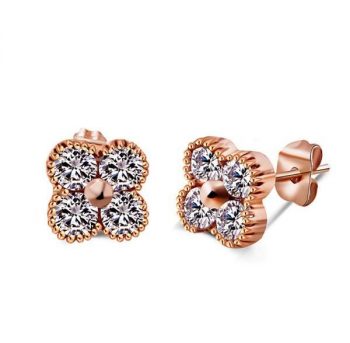
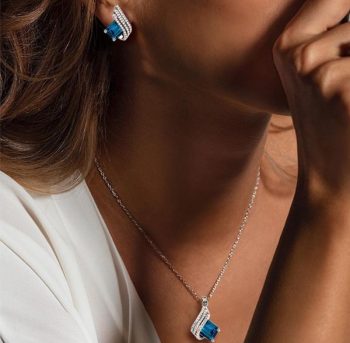
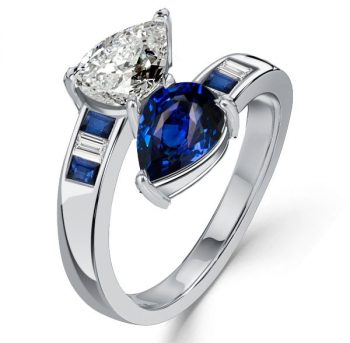
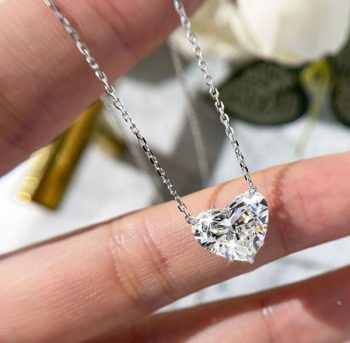
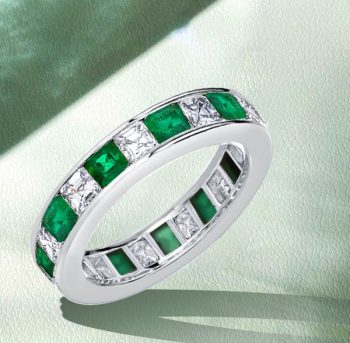
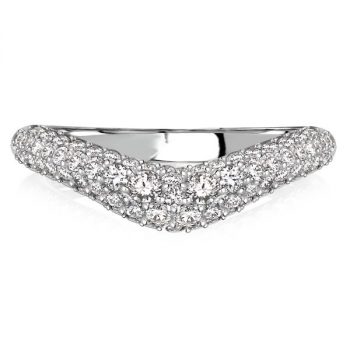
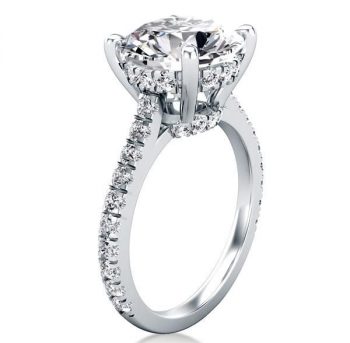
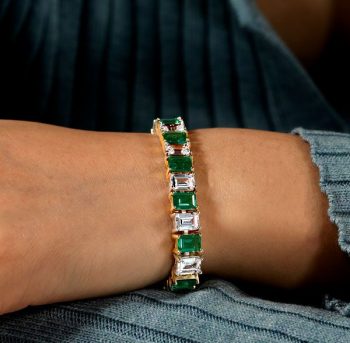
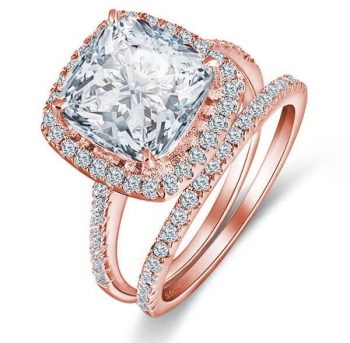
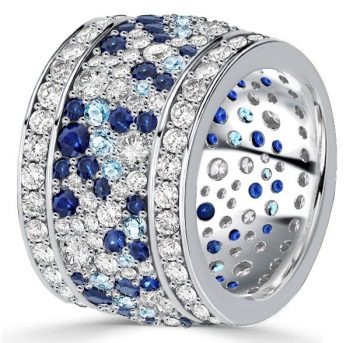
 © 2025 by Italojewelry®. All Rights Reserved.
© 2025 by Italojewelry®. All Rights Reserved.
1 Comment